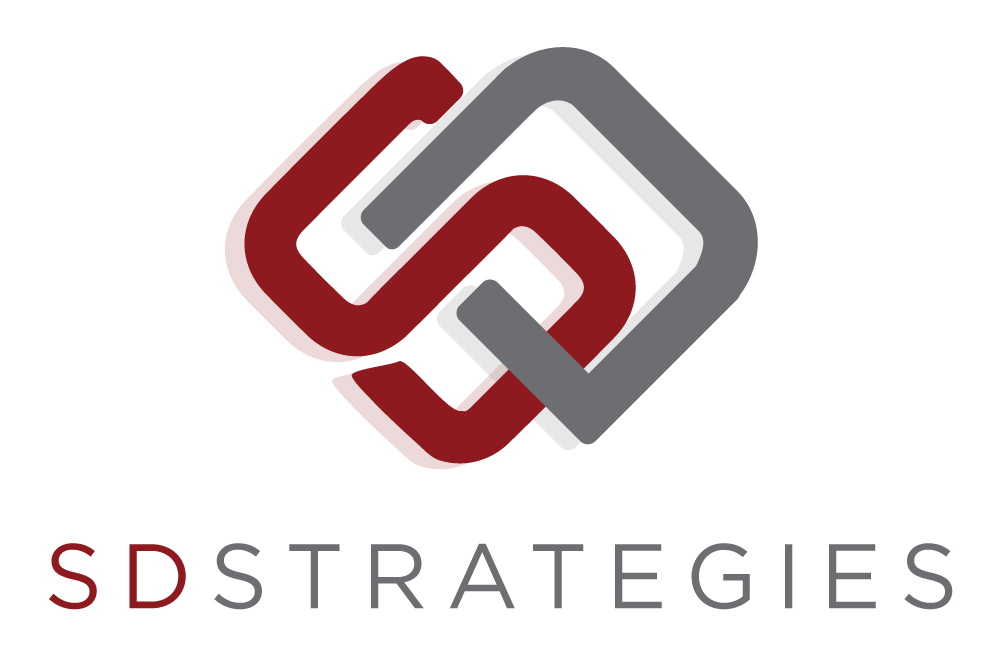Insights from the Board Room and Beyond
In the last 12 months we have presented at numerous board meetings, breakfast events, workshops and conferences on the WHAT and WHY of modern slavery legislation.
We now actively work with businesses who have moved beyond the high-level theoretical discussions to the tangible HOW TO tackle this complex issue on the ground.
We will continue to post insights gleaned from our work and research but here’s some initial observations:
Board engagement and senior leadership commitment is generally high, but middle managers can be less convinced that modern slavery is a priority. Education and engagement at this level of the business is critical.
Early engagement of procurement, supply chain and contract management staff is essential, but they are not the only key internal stakeholders.
Businesses realise that this is more than a CSR issue and are starting to build cross-functional teams to identify and manage risks. The most positive results are obtained where initiatives are led by Procurement and Risk & Compliance divisions, with support from Operations, Sustainability, HR and Legal.
While modern slavery policies, Codes of Conduct and to some extent contract clauses are being developed, they are not being effectively communicated, integrated, enforced or verified. They are a start but are not a ‘magic bullet’ to manage risk and change behaviour.
Suppliers are generally being informed of customer expectations via contract clauses (or sometimes blindsided by supplier surveys or audits), but are not being effectively engaged on the issue. Businesses who engage their suppliers early are able to better understand risks, gather useful market intelligence and work towards finding practical solutions in a collaborative way.
Our rapidly evolving tools, such as supplier modern slavery risk prioritisation dashboard, business systems gap analysis, action planning framework and Human Rights Due Diligence Diagnostic (based on the UNGPs) provide the support they need to identify and address gaps in internal systems and processes as well as focusing on the salient human rights issues.
We love working with businesses who want to see real change and are committed to ending modern slavery everywhere.

